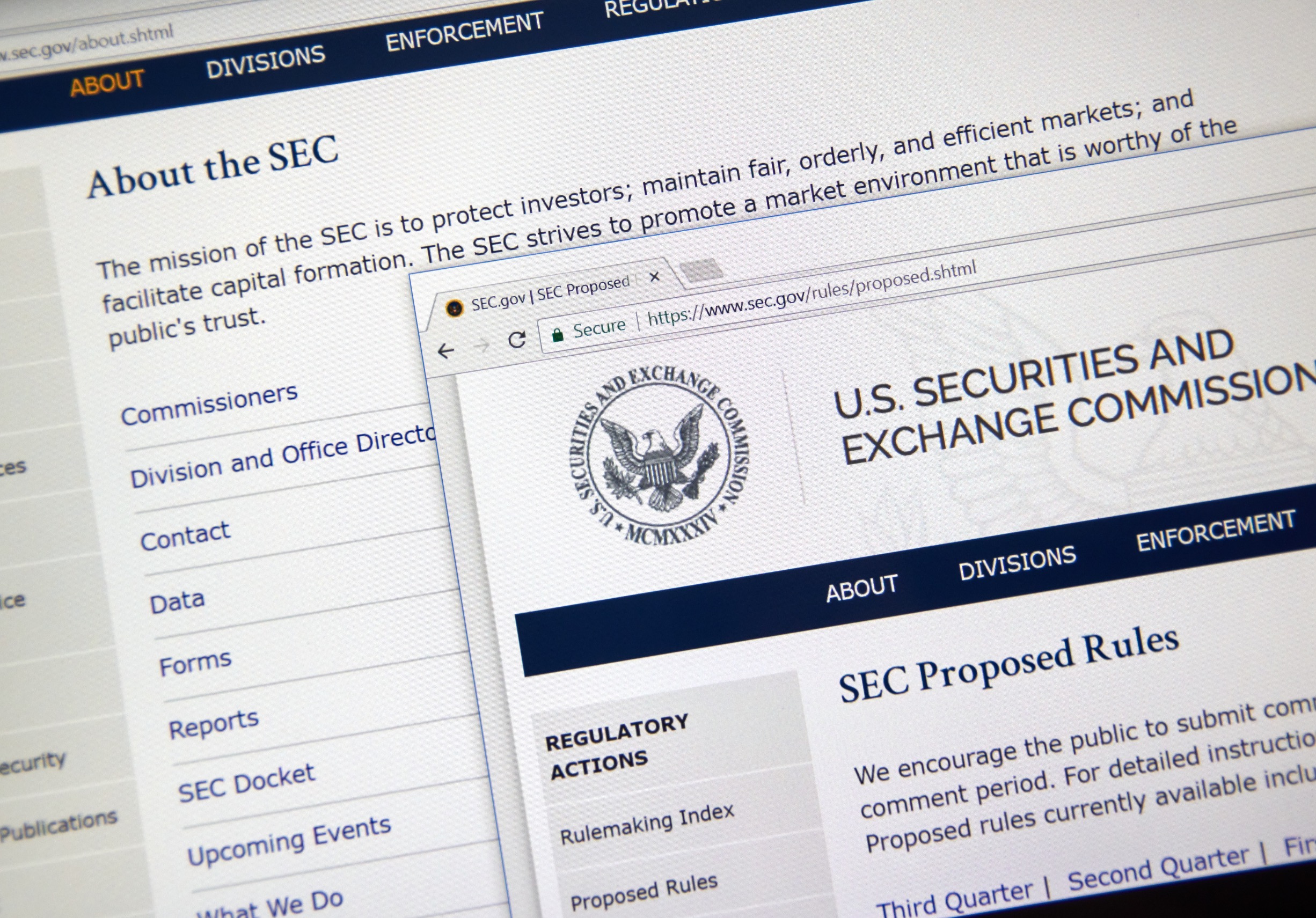Regulation crowdfunding (Reg CF) is a securities registration exemption provided under the Securities Act of 1933. This exemption allows private companies to raise up to $1.07 million in a 12-month period from both accredited and unaccredited investors through crowdfunding platforms. Reg CF is also a part of the JOBS Act of 2012, which aimed to make it easier for small businesses to raise capital.
Who Is Eligible for Regulation Crowdfunding?
Reg CF is only available to companies that are organized in and have their headquarters (also known as principal place of business) in the United States. In order to qualify, the securities must also be qualified for sale in each state where they will be offered or sold. In addition to this, the companies are not allowed to advertise the terms of the offering, with certain exceptions, and the crowdfunding portals are required to take measures to reduce the potential for fraud.
How Does Regulation Crowdfunding work?
Reg CF allows companies to raise capital from a large number of people through online crowdfunding platforms. It is considered an alternative to traditional fundraising methods, such as angel investing or venture capital.
Companies seeking to raise capital under Reg CF must first file a Form C with the Securities and Exchange Commission (SEC) and provide detailed information about their business and the offering. This information includes the use of proceeds and the risk factors associated with the investment. The SEC also requires certain ongoing reporting requirements for the companies.
When the offering has been approved, investors can invest a limited amount of money depending on their net worth and income. For example, if both your annual income and net worth are equal to or more than $124,000, then during any 12-month period, you can invest up to 10% of your annual income or net worth, whichever is greater, but not to exceed $124,000.








